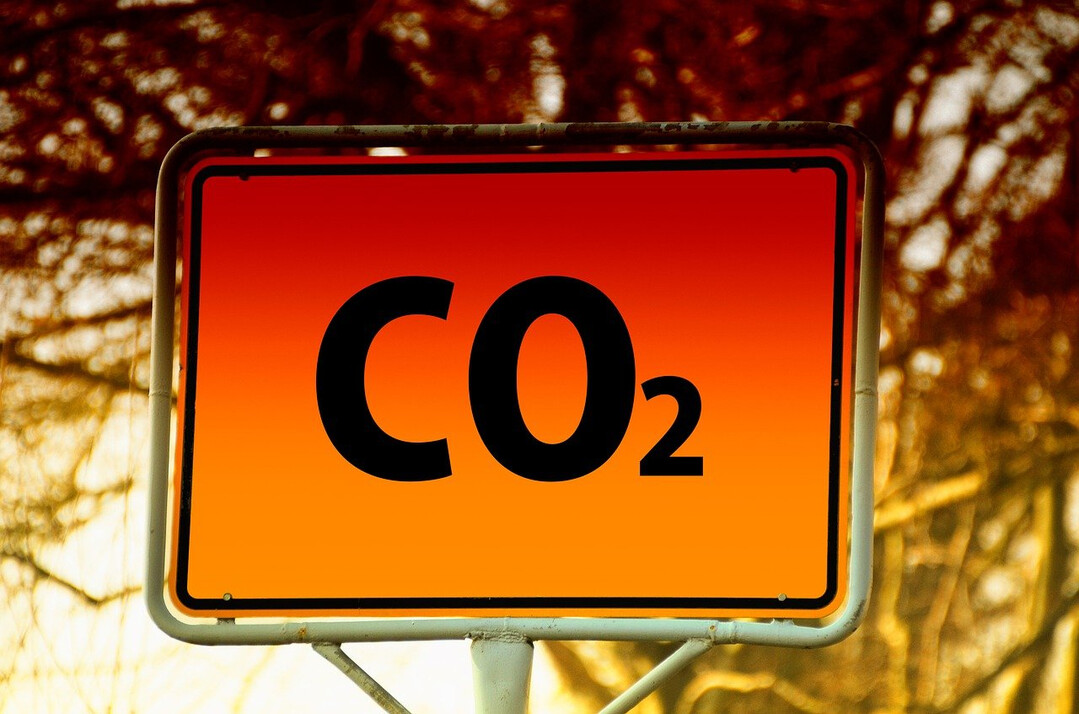
Responses to the climate crisis are being made around the world, but while the prevailing assessment is that the results are minimal, the concept of ‘Avoided Emissions’ was proposed in an attempt to expand the scope of emissions measurement.
KB Management Research Institute recently released a report titled ‘Avoided Emissions, a new concept in greenhouse gas measurement.’
According to the report, existing greenhouse gas emissions are measured by the ‘GHG Protocol (Greenhouse Gas Protocol)’, a greenhouse gas guideline for implementing the Paris Agreement on Climate Change. Depending on the emission source, greenhouse gas emissions are calculated in scope 1, 2, and 3.
Climate change response policies to date have mainly focused on reducing greenhouse gas emissions at the corporate level. However, the report's diagnosis is that this method exposes limitations in reducing greenhouse gas emissions throughout the industrial ecosystem.
In addition to direct production, corporate activities take place in complex supply chains and value chains. Reduction efforts are mainly focused on Scope 1 and Scope 2, but emissions occurring throughout the value chain (Scope 3) are not effectively managed.
For example, efforts to introduce renewable energy technology may lead to resource-intensive industries such as steel and cement, which may indirectly increase greenhouse gas emissions.
The report said that as the need to manage emissions occurring outside the value chain increased, the concept of ‘avoided emissions’ emerged in an attempt to expand the scope of emissions measurement.
This concept, also known as Scope4 or Carbon Footprint, measures and quantifies the contribution of a product to reducing carbon emissions over its life cycle or as a result of its use. This can help establish clear government policies and make corporate investment decisions.
The report said companies are claiming to contribute to reducing greenhouse gases through avoided emissions.
Tesla announced that it avoided 3.5 million tons of greenhouse gas emissions per year through electric vehicles compared to internal combustion engine vehicles, and avoided 1.5 million tons of emissions per year by producing pollution-free electricity from solar panels.
Apple revealed that it has prevented more than 15 million tons of greenhouse gas emissions annually through the use of low-carbon materials, energy efficiency, and renewable energy.
IKEA announced that it avoided greenhouse gas emissions of 187,000 tons per year through home solar products, which is the effect of replacing it with eco-friendly electricity in the national power grid.
The report explained that although an increasing number of companies are interested in calculating and reporting avoided emissions, there are still concerns about greenwashing as there are no standardized standards and no universally agreed upon content.
At the same time, he pointed out that in order to make genuine progress toward sustainability pursued by companies, self-help efforts to prevent greenwashing must be made in parallel. He also advised that it is important to demonstrate efforts toward sustainability beyond promotional means and gain support from customers, investors, policy makers, etc.
[Copyright (c) Global Economic Times. All Rights Reserved.]





























